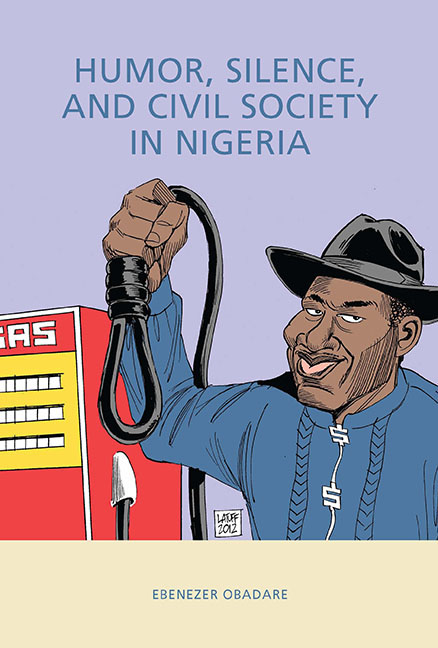Summary
In this concluding chapter, I pursue the implications of my argument for how we think about associations, both in themselves and as components of civil society. Furthermore, I consider the implications for scholarly understanding of resistance, subpolitics, and subaltern agency in the overall context of the expanding shadow of a professionalized third sector in Africa.
More often than not, the problem of how to define civil society boils down to the problem of which features are deemed to be inalienable to it. Gellner, whom we met earlier, and who sees civil society as “the condition of liberty,” accordingly distills three seemingly nonnegotiable features: the existence of a “modular man” “economic decentralisation” and a cluster of associations that are entered and left freely (1994, 29). He juxtaposes the last of these requirements (associations that are entered and left freely) with associations in non- Western societies, which, he argues, “are usually underwritten by ritual and a whole inside set of relationships” (103).
In truth, different scholars have their own laundry list of “required” characteristics. Cahoone, for instance, thinks that for a “modern civil society” to exist, the following six features are paramount: “the autonomy of the social, the expansion ofcivitasto society, spontaneous order, institutional pluralism, market economy, and a particular relation to culture” (2002, 225). The differences between Gellner and Cahoone are a timely reminder of the power of Michael Edwards's observation that “civil society does indeed mean different things to different people, plays different roles at different times, and constitutes both problem and solution” (2004, vi). Etzioni agrees that there is indeed “no one kind of civil society, but many different types, all historically and culturally contingent” (1999, 7). Mahmood Mamdani (1995) advances a similar argument in his influential critique of the state-civil society paradigm in Africanist studies.
My point (of departure) in this book is that although civil society might indeed mean different things to different people, there exists at the same time a tacit consensus on the inalienability of associational life for the constitution of civil society. Edwards describes this consensus as “the fog that has enveloped” the term, resulting in “an obsession with one particular interpretation of civil society” being reified as the whole idea (2007, 18).
- Type
- Chapter
- Information
- Humor, Silence, and Civil Society in Nigeria , pp. 105 - 130Publisher: Boydell & BrewerPrint publication year: 2016

